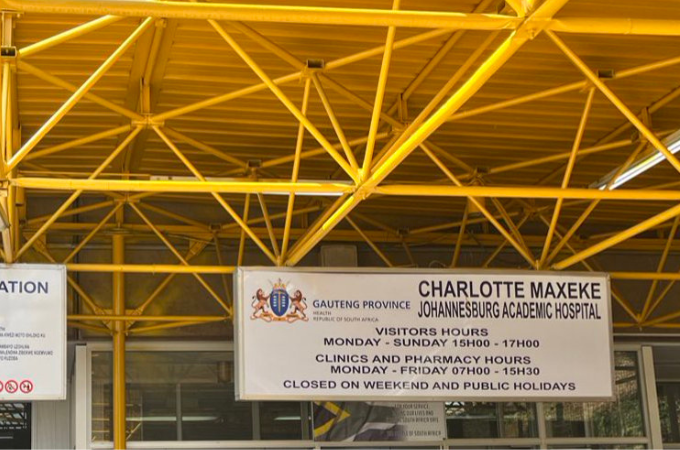Cape Town – Charlotte Maxeke Johannesburg Academic Hospital is reportedly at the centre of a heated legal battle after allegedly refusing a liver transplant to a 15-year-old Zimbabwean teenager.
The case has sparked intense debate about the intersection of healthcare access, immigration policies, and human rights in South Africa, raising difficult ethical questions about medical care for foreign nationals.
The teenager’s family has taken legal action against the hospital and several government departments, claiming their child was denied potentially life-saving treatment solely based on nationality despite having a willing liver donor and the financial means to cover all associated costs.
According to The Citizen, human rights lawyer Simba Chitando, representing the family, described the hospital’s actions as “blatantly xenophobic” and emblematic of a broader issue in South Africa’s treatment of immigrants in healthcare.
“This matter is urgent because it is a life-saving procedure, but it is also one of the most cruel, inhuman, and blatantly xenophobic acts perpetuated by the state against a child.
“It is symbolic of the fact that South Africa has lost its moral, legal, and pan-African compass. My clients remain defiant under the circumstances, and the legal team I’m leading will do everything in our power to save this beautiful Zimbabwean girl’s life,” the report quoted Chitando as saying.
Similar cases have been reported, where immigrants and undocumented individuals face barriers to accessing life-saving medical care.
In 2019, two-year-old Sibusiso Ncube died of poisoning “after he was refused treatment at Charlotte Maxeke Hospital because his mother could not instantly produce his birth certificate or pay R5 000”, reported Daily Maverick.
Another Zimbabwean mother whose child required emergency surgery at the same hospital was compelled to sign an admission of debt amounting to over R34,000. When her child later needed a second operation, the hospital refused to proceed due to the unpaid balance. She was also informed that she would need to pay R5,000 for readmission and R50,000 for the follow-up surgery, the report said.
According to the Refugees Act of 1998, refugees in South Africa have the same right to access health care as South African citizens, as set out in the Constitution.
The Department of Health’s official policy also states that emergency medical treatment cannot be denied to anyone regardless of nationality or documentation status.
Follow African Insider on Facebook, Twitter and Instagram
Picture: X/@CharlotteMaxJAH
For more African news, visit Africaninsider.com
Compiled by Lisabeal Nqamqhele


